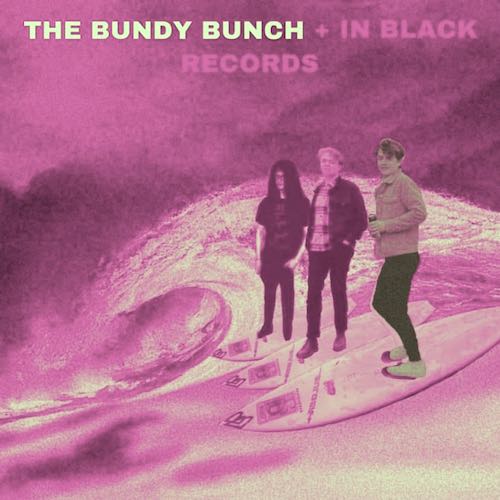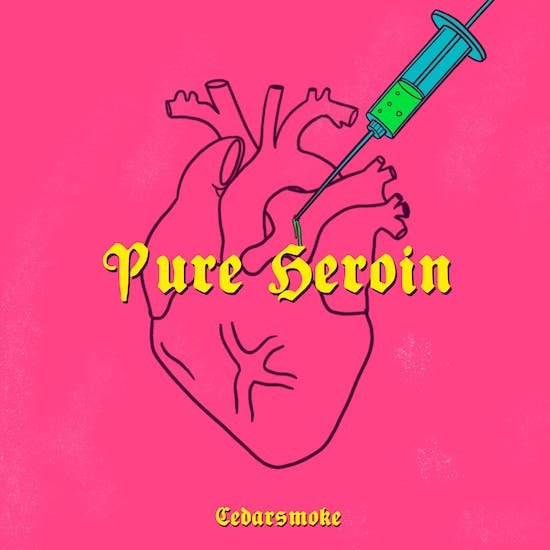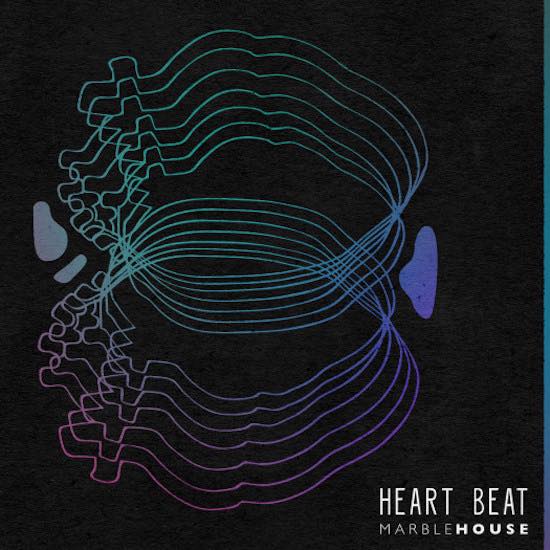Featured for the first time here on IRC is the exciting DIY surf punk duo The Bundy Bunch from Kopervik,…
Category: Bands To Watch
Band to Watch: Cedarsmoke
For a number of years we’ve been following the Brisbane ‘slacker-rock’ indie band, Cedarsmoke, thanks to the band’s ear-peeking, honest…
Band to Watch – Marble House
Brooklyn indie quartet Marble House began as a bedroom recording project of songwriter, guitarist, and vocalist Gabe Friedman. In time,…
Band to Watch: Ukrainian Indie Outfit Blake Maloka
We’re reviving our indie bands to watch series now for 2019, and into 2020 (such a sci-fi number), by popular…



